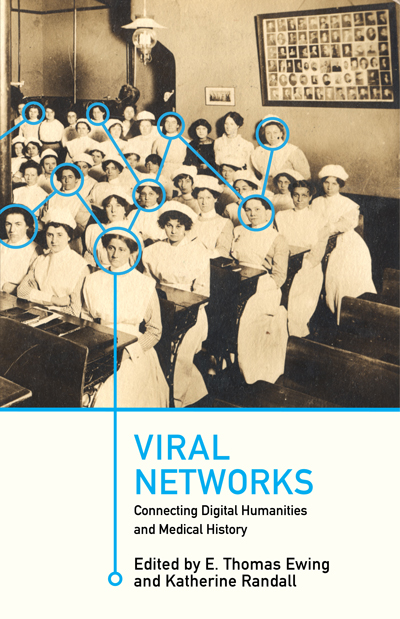JARS v55n1 - In Memoriam: William L. Tolstead
In Memoriam: William L. Tolstead
Don Yeltman
William L. "Doc" Tolstead, 91, of Elkins, West Virginia, died Friday, Nov. 3, 2000, in Davis Memorial Hospital in Elkins. Old age was the primary cause of death.
Dr. Tolstead was born November 25, 1909, in Howard County, Iowa, of the late Joseph Tolstead, railroad agent for the Chicago Great Western Railroad, and Millie Roman Tolstead, housewife her entire life.
Doc's primary grammar school education was from reading newspapers at the Welch, Minnesota, train depot where the family lived. It was too far and too cold to walk to school. He started high school in the fall of 1924 in Red Wing, Minnesota, living with a family until he graduated in 1928. During this time he developed a love for biology and especially the wild plants of the area. The plants he could not identify he dried, pressed, and sent to the herbarium at the University of Minnesota. They were promptly returned with the correct identification, and by the end of high school, he had a very good collection of wild plants.
In the fall of 1929, Doc began attending Luther College in Iowa. While his undergraduate curriculum was rigorous, including several foreign languages, he added to his collection of wild plants. He graduated from Luther College in 1933 at a total cost of $2,000 to his father for the four years of college. Doc then went on to receive his master's degree in biology from Iowa State College, and finally received his Ph.D. degree from the University of Nebraska in 1942. His study of the Nebraska flora was interrupted when he joined the Army during WWII, spending over three years working as a medical technician stationed in England.
After teaching college biology for several years at other colleges, Dr. Tolstead settled at Davis & Elkins College in Elkins, West Virginia, in the fall of 1957. He retired in 1974.
Since retirement, his plant studies culminated in the collection and breeding of rhododendron plants. His research resulted in the development of plants that could withstand -30°F temperatures, and over fifty of these named varieties are registered. Many of his articles have been published in the American Rhododendron Society Journal, and he was considered an expert in this field of cultivation.
